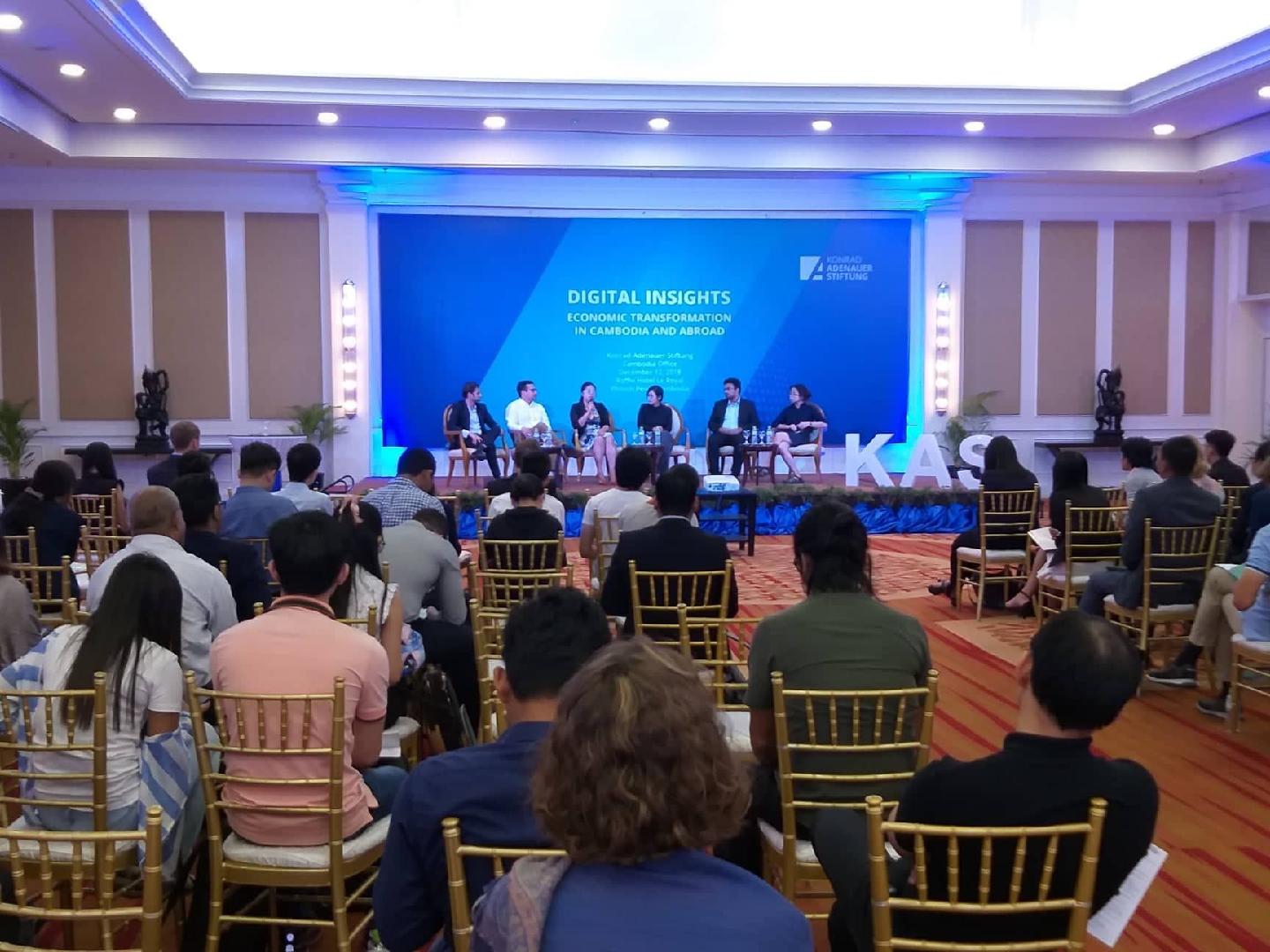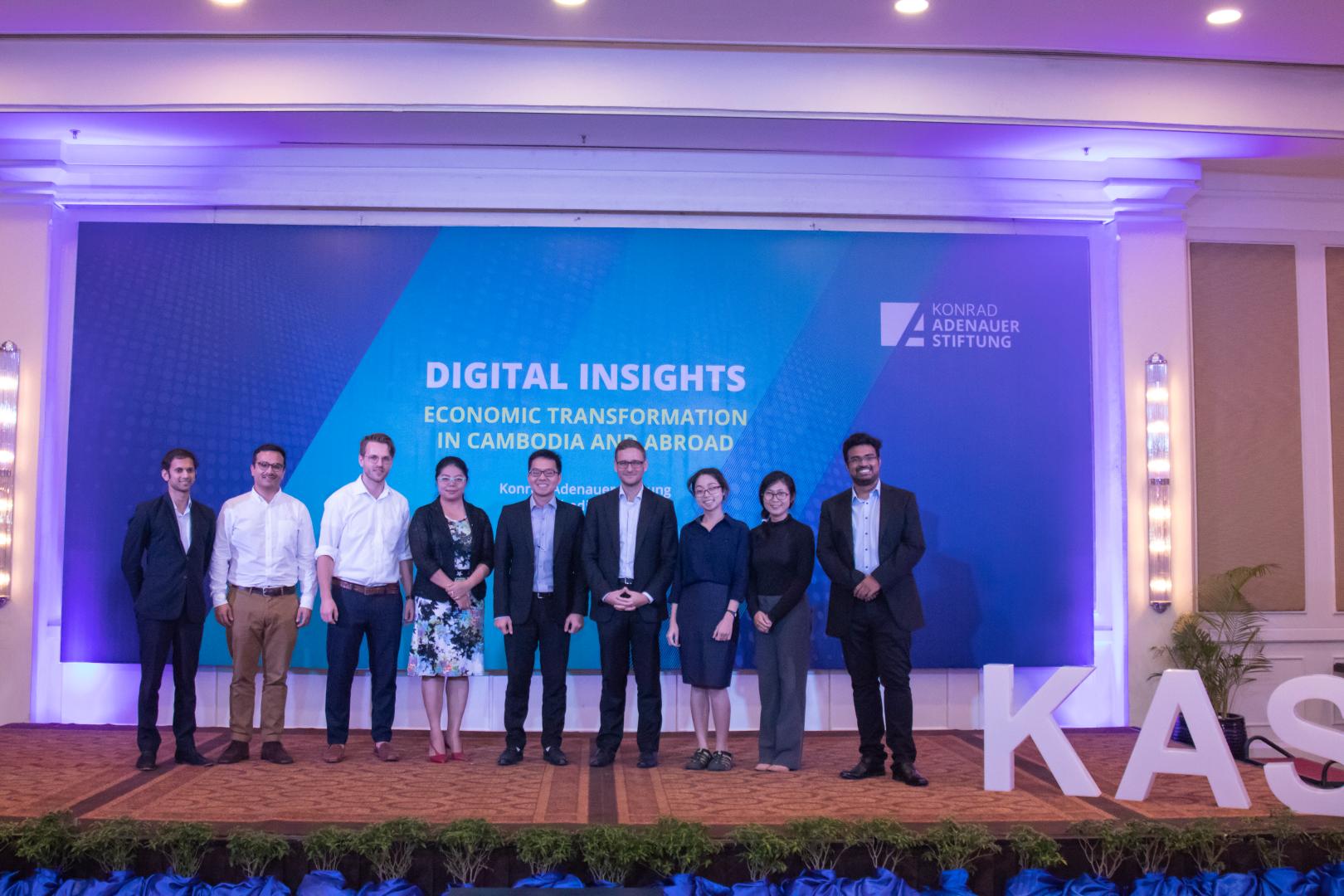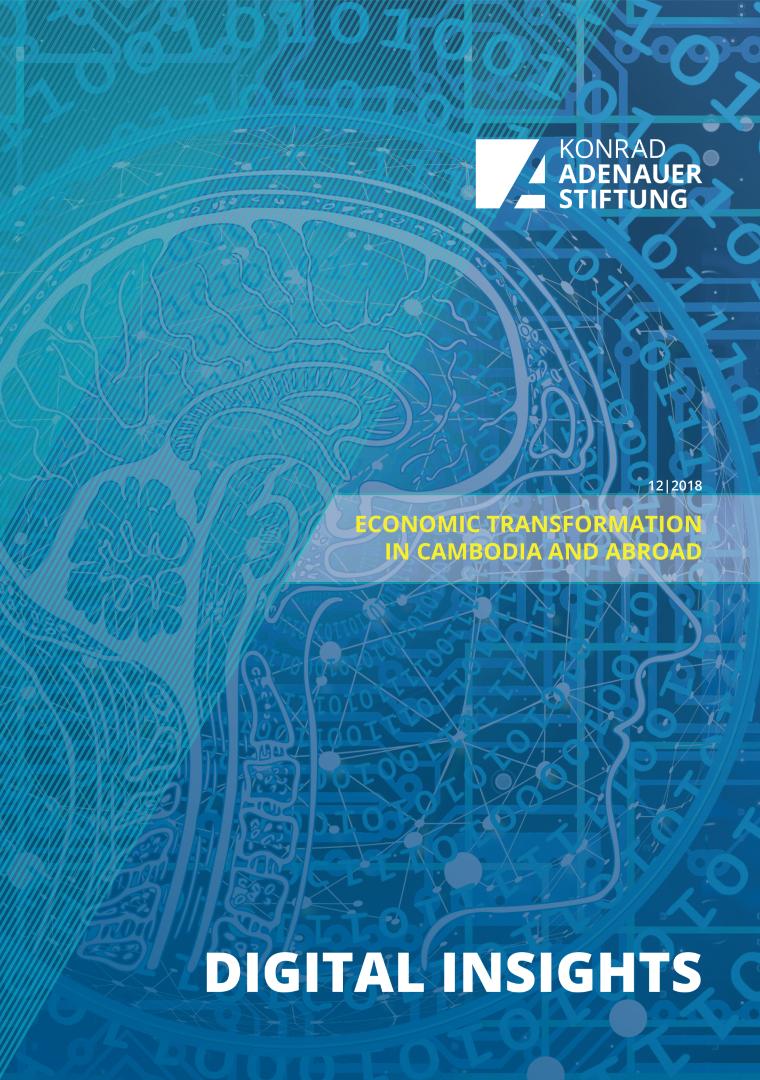11 young authors | 10 chapters | 140 pages insights
Do we really have to leave our house to buy food in the future? Or will our smart fridge accomplish that by ordering a flying drone? So far, it is not the typical way to go shopping for dinner. However, digitalization undoubtedly is one of the leading topics of our time. Not a single day passes by without a politician talking about the importance of the issue or some expert mentioning the next digital trend that surely should not be missed. Reconsidering digitalization and its consequences one can plainly assume that it affects both, the private person in their individual environment as well as all parts of our global economy. But even for experts the whole extent of the issue is still difficult to estimate.
If we take a look at the opportunities and various modifications digitalization generates in our daily life, one is tempted to join the praising chorus of optimists. For example, in the sector of education it is easily possible for students from the poorest and most remote parts of the world to attend online courses and gain education without ever setting a single foot in another country. Hard and uninflected work can be executed by robotics in order to promote occupational health for workers while offering additional new prospects. Automatic and smart manufacturing processes smooth the way to take on different jobs and contribute to an advanced form of prosperity. Mobility becomes autonomous and requires no human control as it’s already the case in the field of commercial transport. Besides, communication is easier than ever in the history of humanity since there are plenty of channels to stay connected with family or business partners even if they’re on a different continent.
As the examples clearly outline, digitalization has the potential to improve our daily grind in enormous ways. Nevertheless, caution is required. Many people find themselves under pressure because they cannot handle the tremendous speed and steady progress of innovation. Various surveys have already pointed out that even with its numerous benefits; many people feel an increasing amount of workload in conjunction with digitalization. The need of constant availability, the technical requirements of new services and the constant change of trends are not easy to handle. Furthermore, the development is not as unobstructed as it might look. For example, Germany is still struggling with the implementation of comprehensive high-speed Internet. In rural areas citizens often surf the web at a snail’s pace. Concerning this, it seems difficult to transfer the theoretical potential of digitalization in a practical way.
Regarding these issues it is necessary for everyone to deal with the exigencies of digitalization and to form a view on the upcoming tendencies and challenges of the topic. As the field is continually evolving, there are many movements and ideas worth keeping an eye on. With this publication, the Konrad-Adenauer-Stiftung Cambodia offers some selected insights, useful graphics and well researched articles that focus on the impact of digitalization.
Finally, there’s still an open question: How to classify digitalization? Well, let’s try to see it in a more factual way. Digital development first appeared in 1990 and can be seen in a row of many groundbreaking revolutions in the history of mankind. Certainly, the changes and the potential for our society are enormous. Therefore it is important to continue researching, to assimilate to the new techniques without neglecting our fundamental values and to accept that we need digitalization in order to reinvent the way we want to live. But with all the euphoria and excitement, we should keep one thing in mind: The next innovation is already on the way and digitalization has just been one of them.
The next volume is already in the planning? Interested to be part of it? Contact us and learn more!
Topics
About this series
Digital Insights is the flagship publication concerning digital transformation topics of Konrad-Adenauer-Stiftung Cambodia. The publication is published once-a-year and brings together experts, practitioners and academics from various walks of life. The vision of the project is to support research and build bridges to the application in order to create a pro human digital future.






You need to sign in in order to comment.